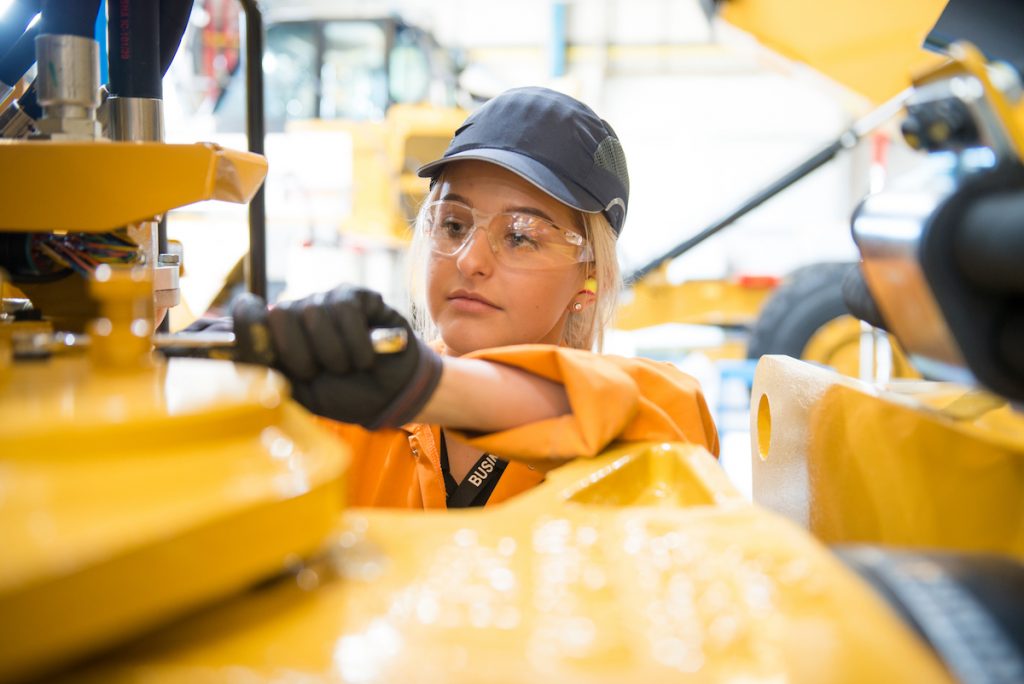
Two thirds of manufacturers are planning to increase investment over the next two years, which is seen as ‘mission critical’ to tackle supply chain disruption, labour shortages and increased energy costs, as well as to improve productivity.
A survey conducted by Make UK alongside RSM UK revealed that skills (69%), capital (55%) and research and development (40%) are the top priorities for companies’ investment plans.
Net zero also remains a significant priority for the sector with 62% of firms planning to increase investment in capital to reduce carbon emissions and 55% set to increase capital spending to improve processes.
Further insights from the survey indicate that while manufacturers support the government’s decision to make the Annual Investment Allowance permanent, the majority believe a planned increase in Corporation Tax to 25% – which was scrapped and then reinstated within the last month – will make the UK less attractive as a destination for foreign investment. Over half said it will result in manufacturers investing less capital, while a third said it will wipe out the benefits from capital allowances.
“Despite becoming increasingly digitalised, manufacturing remains a capital-intensive sector that must invest continuously to grow, innovate and remain internationally competitive,” said Make UK’s senior economist Fhaheen Khan. “However, it’s clear that investment has not accelerated at the pace it needs to for some time.”
Official data shows that manufacturing investment remains 3% below the last pre-pandemic year in 2019.
“While the pandemic has clearly stopped some investment in its tracks and, despite current uncertainty, manufacturers recognise that upping their investment is fundamental to securing their future,” added Fhaheen. “If we are serious about boosting growth and improving productivity, then a step change in the UK’s business investment must be at the heart of government policy.”
According to the survey, factors likely to prove a barrier to increased investment by companies include a rise in inflation (37%) and higher interest rates (22%), both of which are expected to rise.
To counter these potential barriers, Make UK says it will be essential that government taxation policy supports investment with incentives which are “properly designed to fit with the life cycle of manufacturers’ investments and, aligned with measures to ensure the UK is seen as an attractive overall destination for investment”.
Also commenting on the findings, RSM UK’s national head of manufacturing Mike Thornton said: “The UK economy needs a buoyant manufacturing sector that continues to make investments in capital to improve productivity and compete on the global stage.
“With just 9% of manufacturers confirming government support even factored into their decision-making process regarding investment, there is clearly a huge opportunity for policymakers to do more in the future. More generous and accessible incentives and, more time to make use of them, would be welcomed by business leaders across the industry.”

